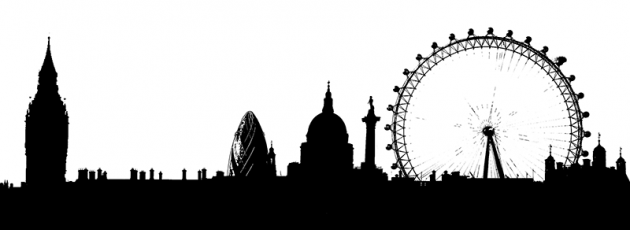- Home
- News & Blogs
- About Us
- What We Do
- Our Communities
- Info Centre
- Press
- Contact
- Archive 2019
- 2015 Elections: 11 new BME MP’s make history
- 70th Anniversary of the Partition of India
- Black Church Manifesto Questionnaire
- Brett Bailey: Exhibit B
- Briefing Paper: Ethnic Minorities in Politics and Public Life
- Civil Rights Leader Ratna Lachman dies
- ELLE Magazine: Young, Gifted, and Black
- External Jobs
- FeaturedVideo
- FeaturedVideo
- FeaturedVideo
- Gary Younge Book Sale
- George Osborne's budget increases racial disadvantage
- Goldsmiths Students' Union External Trustee
- International Commissioners condemn the appalling murder of Tyre Nichols
- Iqbal Wahhab OBE empowers Togo prisoners
- Job Vacancy: Head of Campaigns and Communications
- Media and Public Relations Officer for Jean Lambert MEP (full-time)
- Number 10 statement - race disparity unit
- Pathway to Success 2022
- Please donate £10 or more
- Rashan Charles had no Illegal Drugs
- Serena Williams: Black women should demand equal pay
- Thank you for your donation
- The Colour of Power 2021
- The Power of Poetry
- The UK election voter registration countdown begins now
- Volunteering roles at Community Alliance Lewisham (CAL)
London Mayoral election: engaging the black vote
London is the most ethnically diverse city in the UK, and one of the most diverse cities in the world. The face of London is changing: over 300 languages are now spoken in London, and about 31% of the city’s population comes from an ethnic minority. With the upcoming London Mayor elections in 2012, the BME vote is now more crucial than ever.
Last Thursday, Ignite, a national not-for-profit organisation that promotes cultural diversity within PR, hosted an event that addressed the question of whether politicians need to reach out to Black and Minority ethnic communities. The discussion panel included Peter Bingle, Chairman of Bell Pottinger Public Affairs, Sunny Hundal, editor of Liberal Conspiracy blog, Merlene Emerson, Chair of Chinese Democrats and Candidate for London Assembly 2012, Tony Travers, director of the Greater London Group at the London School of Economics and Political Science, and our own Simon Woolley, Director of Operation Black Vote.
The evening began with the panel being asked if there is any value in London’s candidates concerning themselves with minority issues. Sunny stated that “Minorities cannot be ignored”. Minority communities are becoming the majority, especially in the London boroughs of Brent, Newham, and Tower Hamlets. Yet the absence of diversity within politics is clearly present – take Merlene, for example, who is the only Chinese London candidate for London Assembly. How, then, can politicians genuinely reach out to BME communities? Simon Woolley said:
“All parties should ask the Black communities about their concerns.”
And as Tony stated,
“London is a plural city; of course government should address issues. But different communities face different challenges.”
It is important to reach out in unique ways. Take Barack Obama’s campaign, for example. He utilised social media such as Twitter and Facebook in order to personalise messages to voters and get individuals involved. Even though Obama had unprecedented success with social media, Peter remained unconvinced in its relevancy in campaigns.
Despite the different thoughts on the best way to communicate with BME communities, all panellists agreed: race is important. A ‘one size fits all’ approach does not work when communicating with Black and Minority ethnic groups. Tony stated:
“Political parties are antique bodies, and it’s hard for them to accept change or anything new.”
Well, London is changing. BME communities are becoming larger and stronger, and it is vital that those involved in the London Mayor elections reach out and listen to those communities.
Yet the questions still hang: How do politicians reach out to BME groups? What exactly needs to change?
Teasha Bayles
